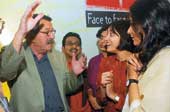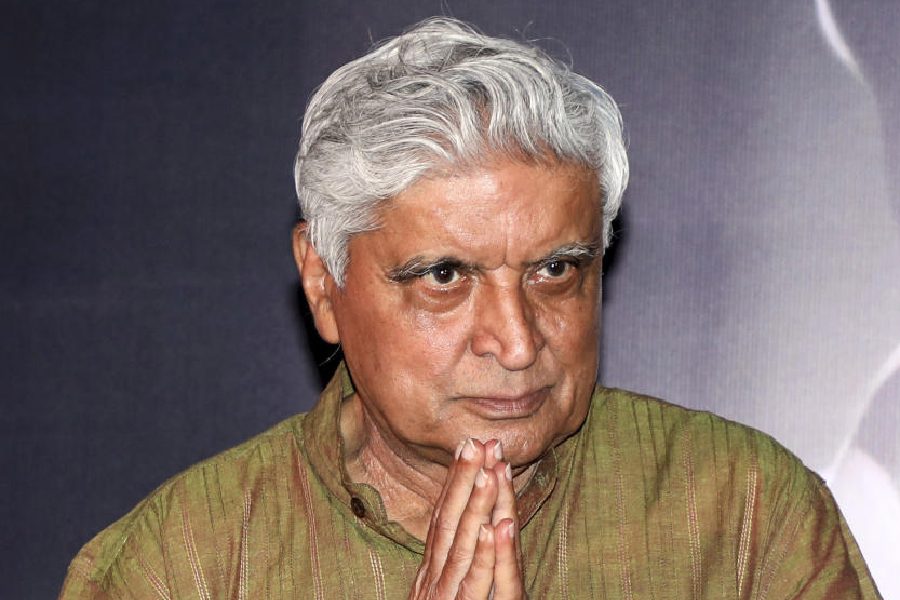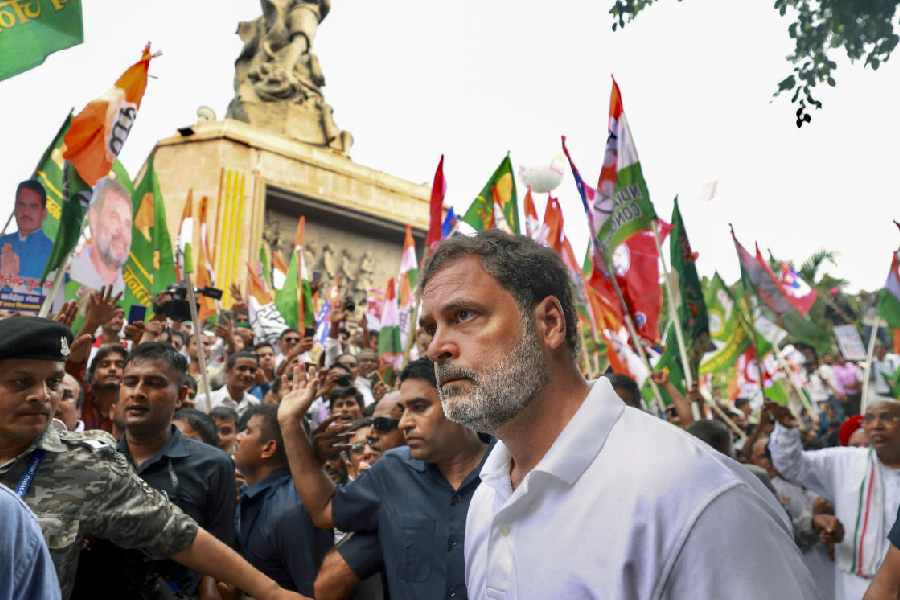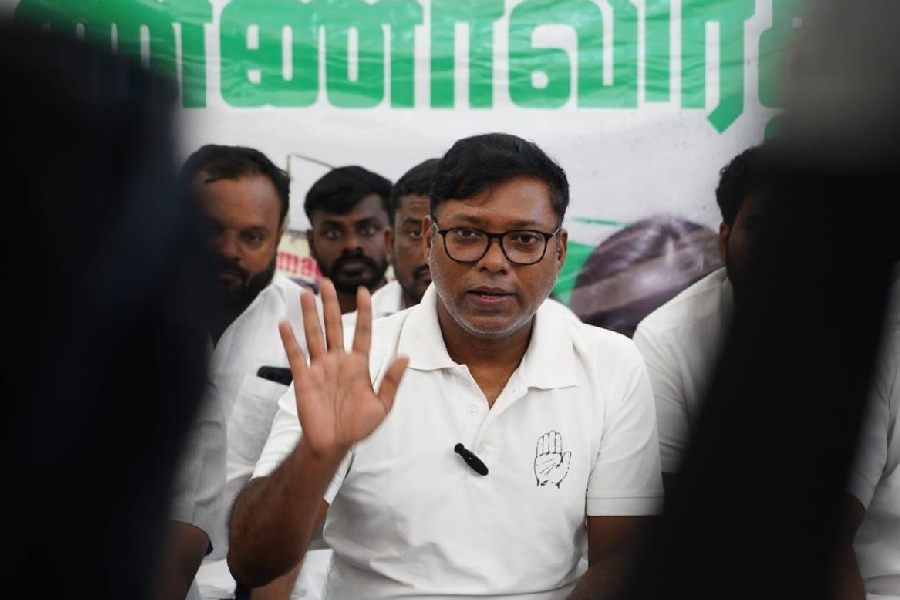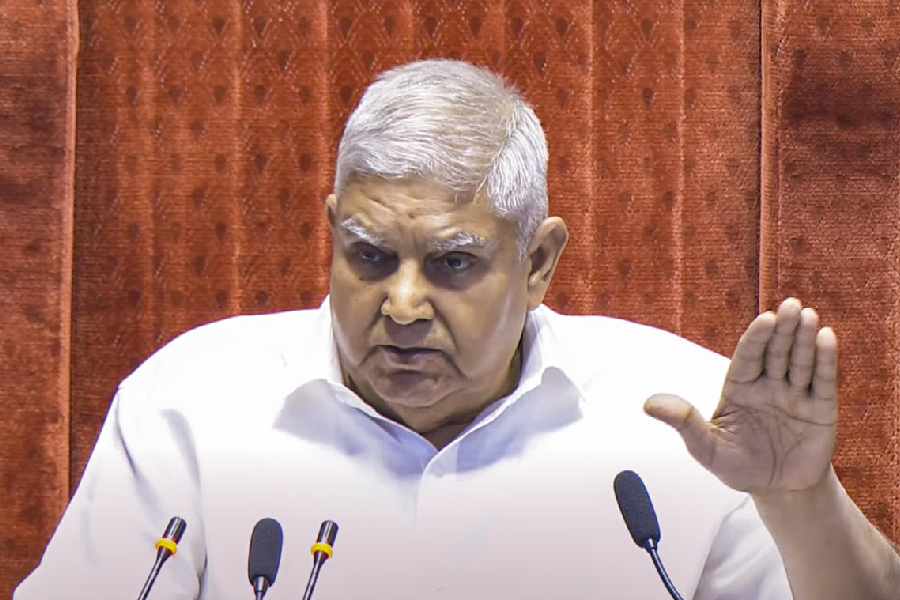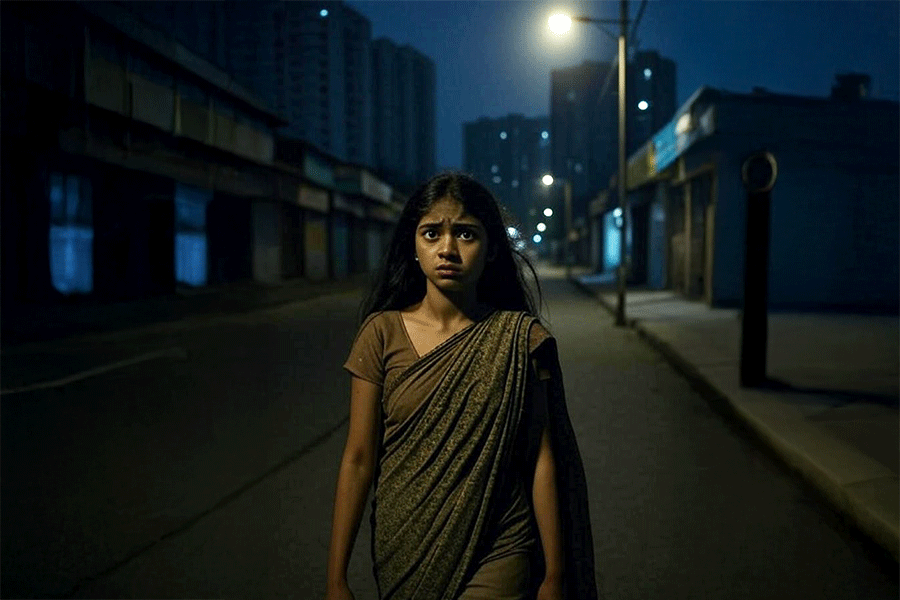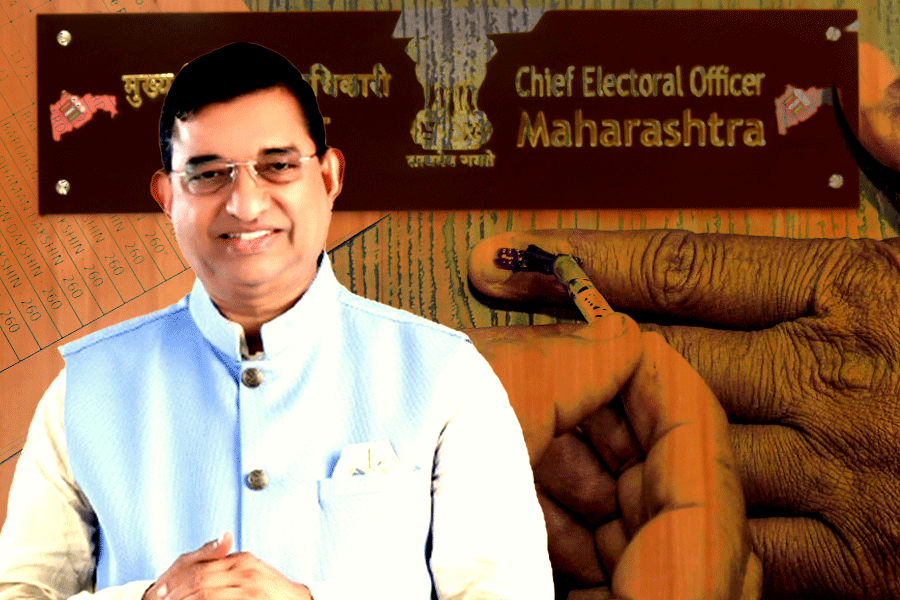 |
| G?nter Grass interacts with students at Derozio Hall. Picture by Sanjoy Chattopadhyaya |
The tin drum rang out loud and clear at Presidency College on Monday, when Nobel laureate G?nter Grass came ?face-to-face? with a cross-section of college students from Calcutta and beyond. A panel of students from various educational institutions had the chance to ask the writer about his literary work, his politics and his views on the city, which was his brief home 18 years ago.
Organised by Max Mueller Bhavan and The Telegraph, the session started with the startling sound of a drum piercing the hush of the Derozio Hall. ?Tell us why you tell stories? Why do you do it?? Do you like cartoons? Do you at times feel like one?? Why don?t you believe, Herr Grass? Can we believe you if you don?t?? These were some of the questions ? taken from Grass? works ? posed by voices in the crowd.
After the piece?s director, the talented young Bikram Ghosh, took a bow, the spotlight shifted to the students, sharing the stage with Germany?s best-known living writer.
Debapriya Roy, a student of English at Presidency College, fired the opening question about the ?need for an unambiguous enemy? that propels a neo-Nazi character in his latest book Crabwalk, and the narrator?s conclusion that there is no end to fascism.
?I can?t say there will be an answer to this kind of fascism,? shrugged the 77-year-old. ?But you can give yourself an answer to the book. Do the work so there is an end.?
Grass? writings on Calcutta, his observations on the city?s attempt to make its poverty invisible, was the subject of Sayantan Dasgupta?s question. Calcutta?s poverty is still there, but people who don?t want to see it still won?t sight it, noted Grass.
While many from the middle and upper classes like to ignore the problem, there are those who have worked to fight it as well, he told the student of comparative literature at Jadavpur University.
?Myths try to cover reality. But I am interested in reality,? said Grass, in response to Srimoyee Banerjee?s question about how far myth and fairy tale should be reinterpreted.
Shreya Basu?s observation about the non-linear treatment of time in The Tin Drum turned the discussion to the effects of history on the world. ?In 12 years, Nazi Germany changed everything,? said Grass, who fought in the war, was injured and captured by American forces at age 17.

